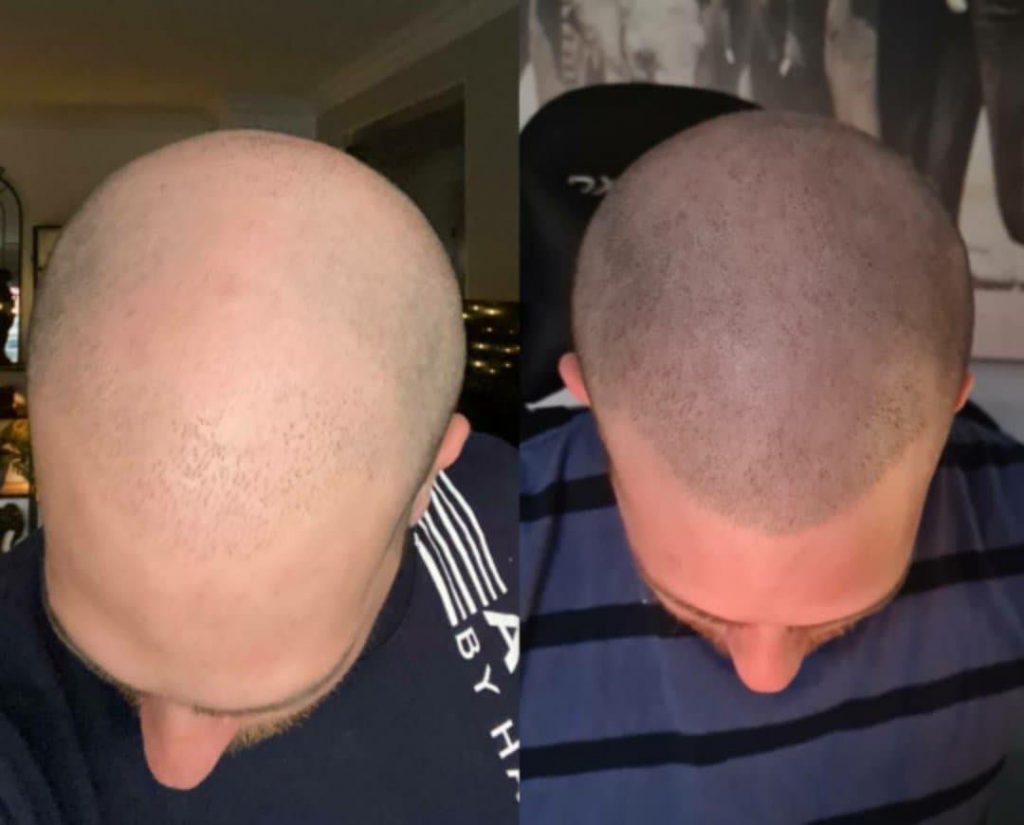Scalp Micropigmentation (SMP) has gained immense popularity as an innovative solution for individuals dealing with hair loss. This non-invasive cosmetic procedure has become a game-changer in the world of hair restoration. However, like any medical or cosmetic treatment, SMP comes with its own set of pros and cons. In this comprehensive guide, we will explore the advantages and disadvantages of Scalp Micropigmentation to help you make an informed decision if you’re considering this treatment.
The Pros of Scalp Micropigmentation
1. Natural Appearance
SMP is renowned for its ability to create an incredibly natural-looking appearance. Unlike traditional tattooing, SMP replicates the appearance of real hair follicles, resulting in a highly realistic outcome. The careful selection of pigments that match your natural hair color contributes to this authentic look.
2. Low Maintenance
Maintaining an SMP-enhanced appearance is remarkably easy in scalp micropigmentation ireland. Unlike hair transplant surgery, which requires special care and precautions, SMP necessitates minimal upkeep. A simple grooming routine is usually sufficient to keep your SMP looking its best.
3. Confidence Boost
Hair loss can take a toll on one’s self-esteem. SMP can provide a significant boost in confidence by restoring the appearance of a full head of hair. Many individuals who undergo SMP report feeling more comfortable in social and professional settings.
4. Non-Invasive
Unlike hair transplant surgery, which involves surgical incisions and recovery periods, SMP is a non-invasive procedure. There is no need for anesthesia, and you can resume your regular activities shortly after each session.
5. Customized Solutions
Every individual’s hair loss is unique, and SMP offers a tailored solution to address specific concerns. SMP practitioners can customize the treatment to match your preferred hairline, style, and density.
6. Quick Results
SMP provides almost instant results. While it may require multiple sessions for the full effect, you’ll notice a significant improvement in your appearance after the first session.
The Cons of Scalp Micropigmentation
1. Temporary Solution
While SMP is a long-lasting solution, it is not permanent. Over time, the pigments may fade, necessitating touch-up sessions to maintain the desired look. The longevity of SMP can vary from person to person.
2. Cost
Compared to other hair loss solutions like wigs or topical treatments, SMP can be relatively expensive. The total cost depends on factors such as the extent of hair loss and the number of sessions required.
3. Pain and Discomfort
While most individuals do not find SMP excessively painful, some report mild discomfort during the procedure. This discomfort is often likened to the sensation of getting a tattoo.
4. Limited Hair Styling Options
After SMP, you may have limited flexibility in terms of hair styling. The procedure is designed to mimic the appearance of a closely shaved head, so long hairstyles or dramatic changes in hair style may not be achievable.
5. Choosing a Qualified Practitioner
The success of SMP largely depends on the skills and expertise of the practitioner. Choosing an inexperienced or unqualified practitioner can result in unsatisfactory results or complications.
Conclusion
In conclusion, Scalp Micropigmentation offers a range of benefits, making it a viable option for individuals dealing with hair loss. Its ability to provide a natural appearance, boost confidence, and require minimal maintenance is appealing to many. However, it’s essential to be aware of the potential downsides, such as the need for touch-up sessions and the cost involved.
Final Thoughts
Before opting for SMP, it’s crucial to consult with a qualified practitioner who can assess your specific needs and expectations. Discuss the pros and cons thoroughly to determine if SMP aligns with your goals. Remember that while SMP can provide you with a renewed sense of confidence and a more youthful appearance, it’s essential to make an informed decision that suits your unique circumstances.
